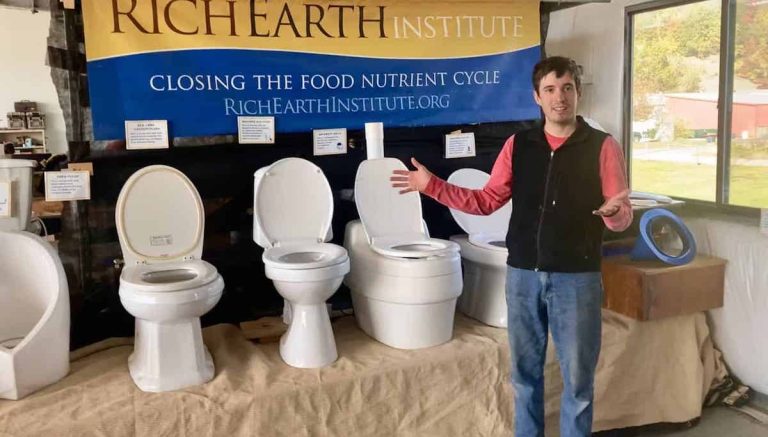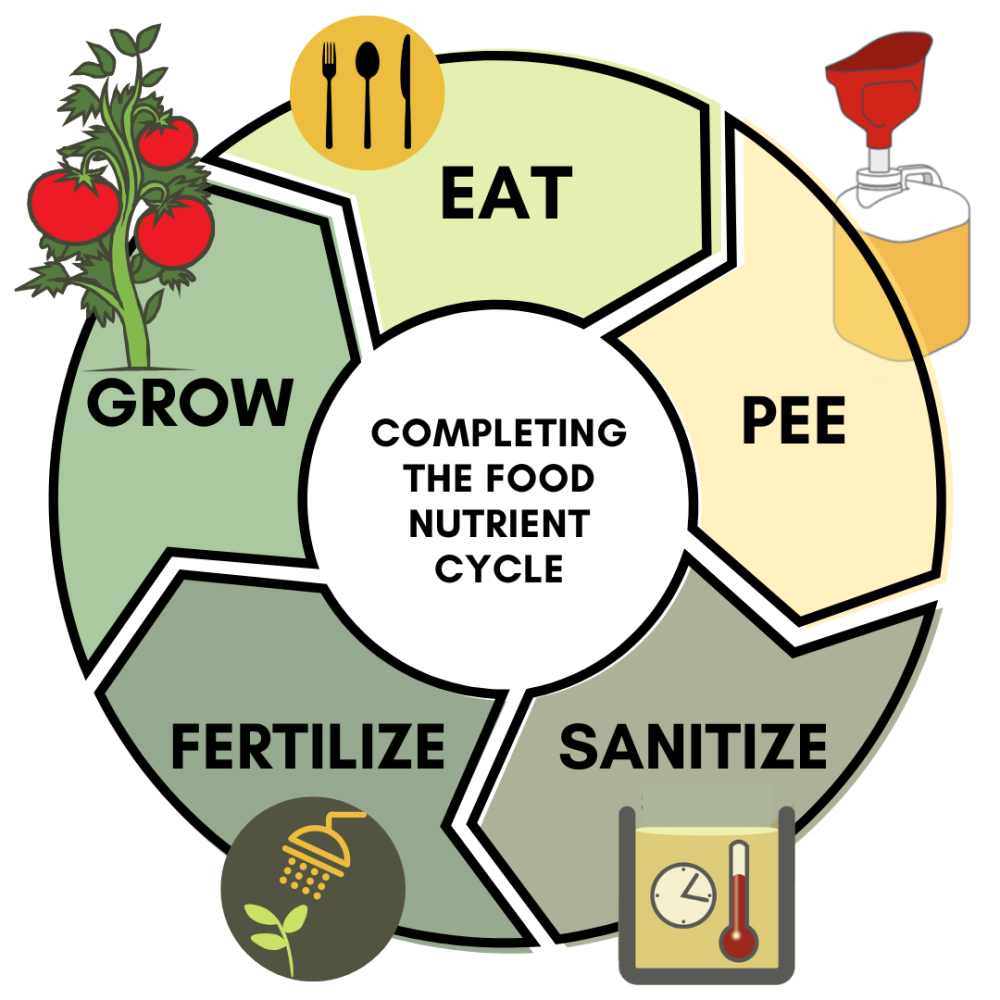
Vermont Farmers Turn to Urine as Sustainable Fertilizer, Reviving Ancient Practice

Boston, MA — For centuries, civilizations from Rome to China used human urine as a powerful fertilizer. Now, Vermont farmers are bringing this age-old technique back—with a scientific twist. Through the Rich Earth Institute, a Brattleboro-based organization, pasteurized urine is being sprayed on farmland to replace synthetic fertilizers, boosting crop yields while reducing environmental harm.
How Peecycling Works
The process, dubbed “peecycling,” begins with community donations. Over 200 Vermont residents contribute urine via specialized toilets or portable jugs, which are then collected, pasteurized, and treated to meet safety standards. The Rich Earth Institute processes 12,000 gallons annually, distributing it to partner farms where it’s diluted and applied like traditional fertilizer.
Peter Stickney, a farmer at Elm Lea Farm, has seen dramatic results. “The grass turns dark green almost immediately—it’s proof the nutrients are working,” he says. Unlike synthetic alternatives, urine provides nitrogen, phosphorus, and potassium in a form that plants absorb efficiently.

Environmental and Economic Benefits
Synthetic fertilizers, often produced through energy-intensive methods like the Haber-Bosch process, contribute to water pollution and greenhouse gas emissions. Urine, by contrast, is a local, low-cost alternative that closes the nutrient loop. The Rich Earth Institute estimates that their program has saved over 2.3 million gallons of water since 2013 by reducing reliance on conventional sewage treatment.
For farmers like Noah Hoskins of Bunker Farm, the shift means lower costs and healthier soil. “If you take nutrients from the land, you have to replenish them,” he explains. Urine’s organic matter improves soil structure and water retention, making it a long-term solution for sustainable agriculture.

Overcoming the ‘Ick Factor’
Despite its benefits, urine fertilizer faces cultural hurdles. “People are initially taken aback,” admits Kim Nace, co-founder of the Rich Earth Institute. But education helps—studies show that properly treated urine contains no harmful pharmaceuticals or pathogens at levels that affect crops.
The institute also runs “Urine My Garden” workshops to teach homeowners safe DIY methods. “Once people see the science, they realize it’s just another form of nutrient recycling,” says education director Julia Cavicchi .
A Global Movement with Local Roots

Vermont isn’t alone—Sweden, South Africa, and France have similar programs. Swedish company Sanitation 360 even developed a urine-diverting toilet that converts waste into solid fertilizer. But Vermont’s community-driven model, backed by $325,000 in USDA grants, sets a precedent for scalable, eco-friendly farming.
The Future of Farming?
As climate change pressures agriculture, peecycling offers a circular solution. “We’re not asking people to do anything difficult,” says Abe Noe-Hays of the Rich Earth Institute. “You’re already making fertilizer—why waste it?” With farmers reporting higher yields and lower costs, this ancient practice may soon become modern farming’s next big innovation.
Contribute money here. Contribute urine here.
Peecycling: How Vermont Turns Waste into Fine Farm Fertilizer (April 2, 2025)
#Peecycling #SustainableFarming #UrineFertilizer
#RichEarth #VermontFarms #EcoFriendlyAgriculture
#CircularEconomy #NoWasteFarming #GreenRevolution
Tags: Sustainable agriculture, urine fertilizer, Rich Earth Institute,
Vermont farming, eco-friendly farming, nutrient recycling,
peecycling, organic fertilizer, circular economy
